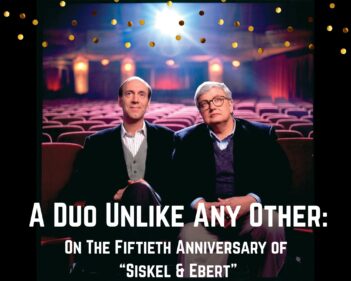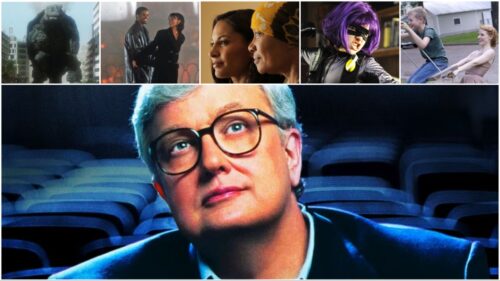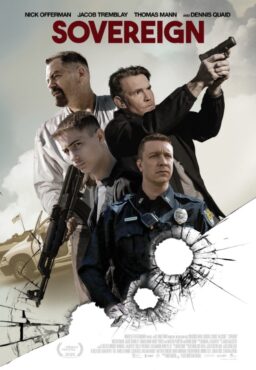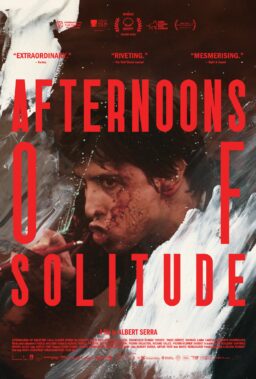I was pleased to discover your feature-commentary article entitled “In defense of the year’s ‘worst movie'” that you had become aware of the negative sentiments surrounding Paul Haggis‘s “Crash.” However, as you defended the film I gained the impression that you were personally attacking Scott Foundas claiming that he was “too cool” for the average movie-goer. However, it is your right as a columnist to integrate your personality into your articles and you certainly hold the proper distinction to do so.
When I finally saw “Crash” I couldn’t help be feel underwhelmed. Though the film is well-constructed, well-produced, well-acted and well-written, the film struck me as emotionally and morally distant. I was surprised to see the film end up on many top ten lists at the end of 2005. It is no surprise that soon after I had jumped the “Crash is the worst film of the year!” bandwagon. This turn primarily occurred because of my disagreement of its position as one of the year’s best.
Now your statement that an essential film is to manipulate the audience is apt. But, feeling cheated, as I did, is not the intention of the movie experience. A journey lacking a substantial or relevant payoff is not worth the price of admission and just as I have been disappointed with many thriller and horror films of the past, I felt the same way with “Crash.” Excuse my candor but “Crash” is an “After school special” dressed in Hollywood clothing. I’m aware that the film is considered “independent” but it seems to have enough showbiz political clout that the film was never in danger of not finding distribution. This film has nothing new to say about racism and humanity that is not already taught through school, family, friendship, and the media.
Many of the problems I had with the film have already been stated by many others. The archetypical representation of the various classes and races in “Crash,” as well as the obviously foreseeable growth of its characters was no surprise. It is conventional and expected. The convoluted coincidences seemed like a cheat of construction as well as a narrative deus ex machine. The saintly daughter, the misunderstood repairman, the conflicted policemen, the sheltered upper-class, etc., all have been represented before in cinema. Paul Haggis created “Crash” by standing on the shoulder of giants but he seems to be the only one getting credit.
The biggest issue I had while watching Crash was how aware I was that I was being manipulated by the material. Because I have seen these stories of redemption and racial equality so many times before I could not become emotionally invested in the material presented. I think film is a wonderful medium that can affect the audience in wonderful ways. I am glad to see that many walked out of Crash touched by its message. But as an Asian-American there was little to gain of what I was already well aware of in our society. Instead it had the opposite effect that was intended by the film and though it my not necessarily remain as the worst film of the year for me, it is definitely the most over-rated I have seen in 2005.
Randolph Ma
Chicago, IL











